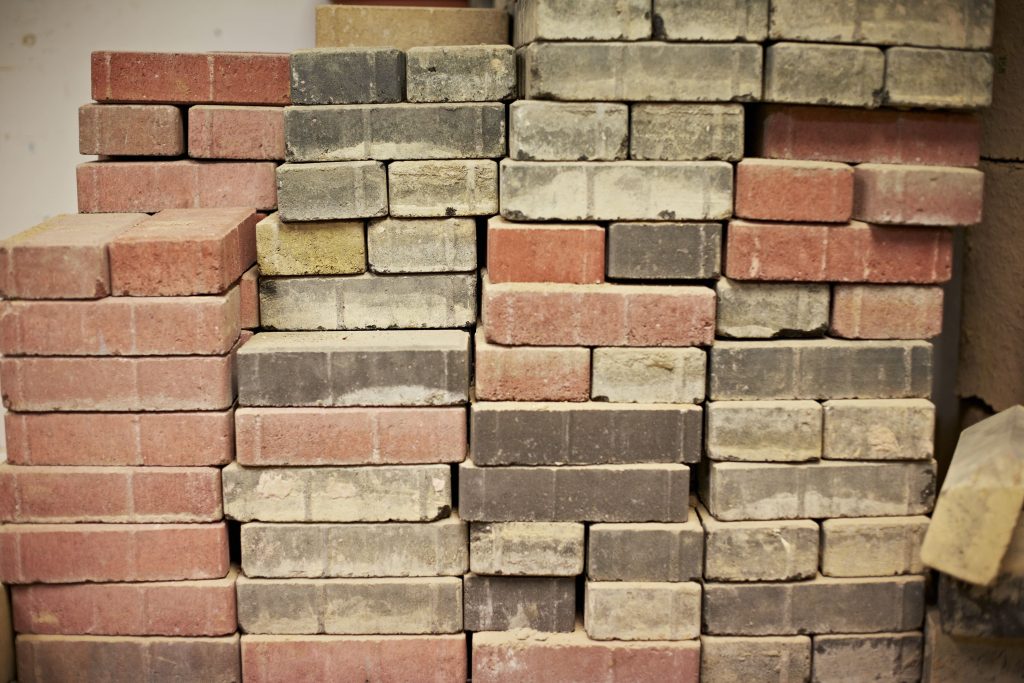
Bricklaying is the perfect career for anyone who enjoys working hands-on and clearly seeing the end results of their labour come the end of a project—bringing with it a real sense of achievement as you look back at what you’ve created.
As a bricklayer, you’ll be responsible for one of the most vital elements of the construction industry. As is the case with trade professions right across the board at the minute, it’s also a career in incredibly high demand, a trend which is unlikely to change anytime soon.
What skills does a bricklayer need?
Bricklayers should have good attention to detail, in order to ensure the work they’re producing is up to a high standard. This also applies to understanding what is required from a health and safety standpoint, both in terms of carrying out work safely, and ensuring the structure meets regulations once it’s been built.
The ability to work well in a larger team will also be often required, so good communication skills will come in extremely handy. Equally, there will also be times where you may be working alone, perhaps on smaller projects, so you should be able to keep yourself motivated.
Bricklaying is also a physical job, so at least some element of fitness will be required to carry out the work.
What qualifications does a bricklayer need?
While no formal qualifications are strictly needed to begin working as a bricklayer, most employers will look favourably upon you if you have the appropriate certifications and/or work experience.
There are typically three main routes to beginning a career as a bricklayer, these are:
Apprenticeship: Apprenticeships are open to anyone above the age of 16, and offer a split between on-the-job and classroom learning. Typically, a GCSE in English and Maths is required to enrol—though entry requirements can vary depending on the apprenticeship level.
On-the-job: You may be able to begin working immediately as a labourer, where you’ll help and learn from more experienced teams. Your employer may also choose to help you train for your formal qualifications if you opt for this route.
Training provider: Training providers like Able Skills can help you take your first steps towards becoming a bricklayer right through to gaining your NVQ Level 2 qualification and being prepared for employment on a building site.
Registrations to consider
The main accreditation bricklayers need to consider is whether you’ll require a CSCS card. Any building site in the UK will now require a person to hold their CSCS card before they can work on-site.
This requires you to pass a Health, Safety and Environment (HS&E) test, to prove you’re able to carry out work safely.
Day-to-day work
The day-to-day life of a bricklayer can vary depending on what kind of setting you’re working in for that specific project. Typical duties can include:
- Laying bricks and mortar
- Ensuring structures are straight and level
- Shaping and trimming bricks using hammers, chisels and power tools
- Reading and following technical plans
- Sealing foundations with damp-proof materials
- Repair and maintenance of structures
How much do bricklayers earn?
Based on Reed’s latest data, the average salary for a bricklayer in the UK is £59,525—though this figure will vary depending on what part of the country you’re working in, and your level of experience.
Career progression routes can include going on to become a construction site supervisor or moving into estimating. You could even use your expertise to become an apprentice trainer or teach in further education.
Beyond that, there are opportunities to pursue more specialist paths like heritage work or stonemasonry.
You may also want to consider capitalising on the demand for bricklayers by starting your own business.
If you’re ready to begin your career in bricklaying, Able Skills offers a range of courses tailored to all levels of experience. Unsure which course is right for you? Our team would be happy to help. Give us a call on 01322 280 202, request a brochure or pop into our training centre for a chat.